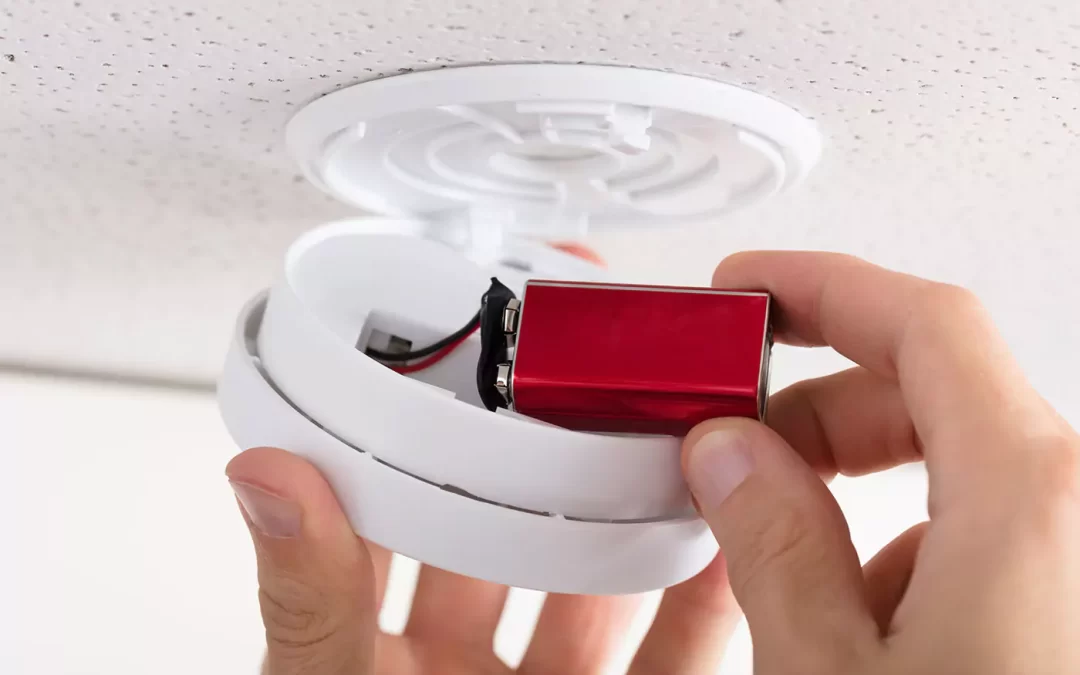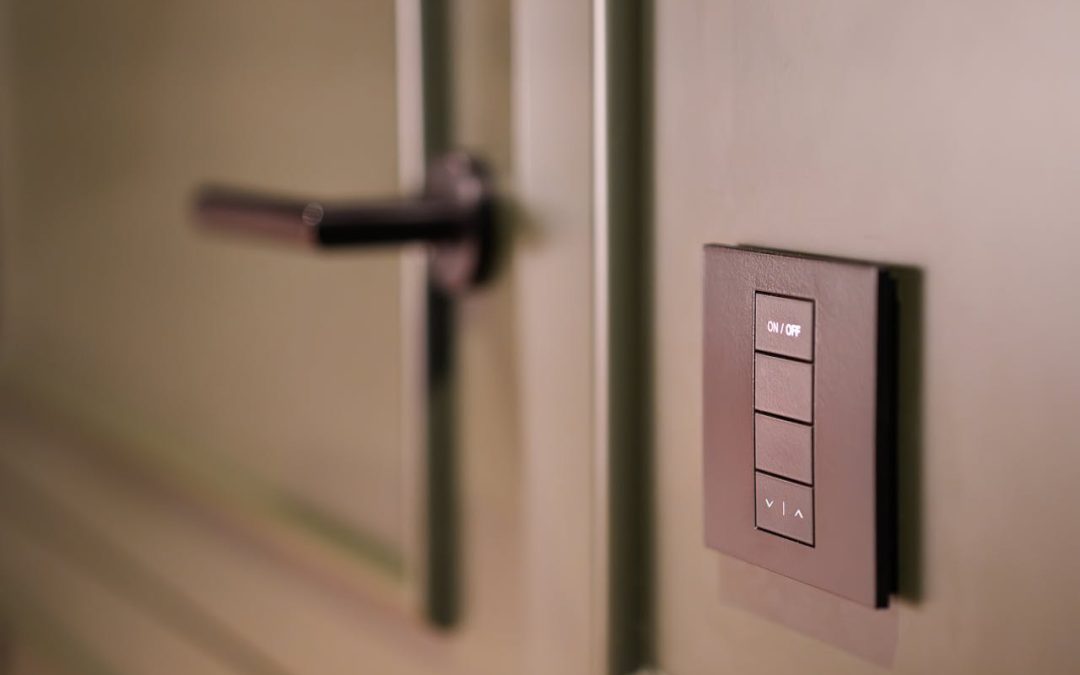Smoke Detectors Become Faulty or Unresponsive:

- Manufacturers recommend replacing smoke detectors every 7-10 years to ensure proper functionality.
- Just like your light fixtures, air filters and vents collect dust, your smoke detectors are prone to buildup as well.
- Dust causes the sensors inside of units to be blocked, preventing them form sensing smoke.
- All homes need 110 volt battery backup smoke detectors. Older homes do not have them, but they can be added easily with zero damage to the walls. There is also a wireless smoke detector that sends a signal to all the other smoke detectors in your home. If one goes off, they all go off.
Assessing the Need for Carbon Monoxide/Smoke Detectors:
- Most homes are heated by a gas furnace, have a wood/gas burning fireplace and a gas water heater.
- Most homes also do not have a single carbon monoxide detector.
- There are carbon monoxide/smoke detector combos that replace your standard smoke detector, giving you the ability to have a carbon monoxide detector in key areas of the home.
- These detectors also have a female voice that alerts of smoke, carbon monoxide, or low batteries. The voice has two major benefits over the standard beeps in a normal smoke detector.
- A test has shown, while sleeping, more people wake up to a voice rather than a beeping noise.
- The voice also identifies whether smoke or carbon monoxide has been detected, or if you just have a low battery. No need to try and figure out whether it is beeping 3 times or 4 times.



